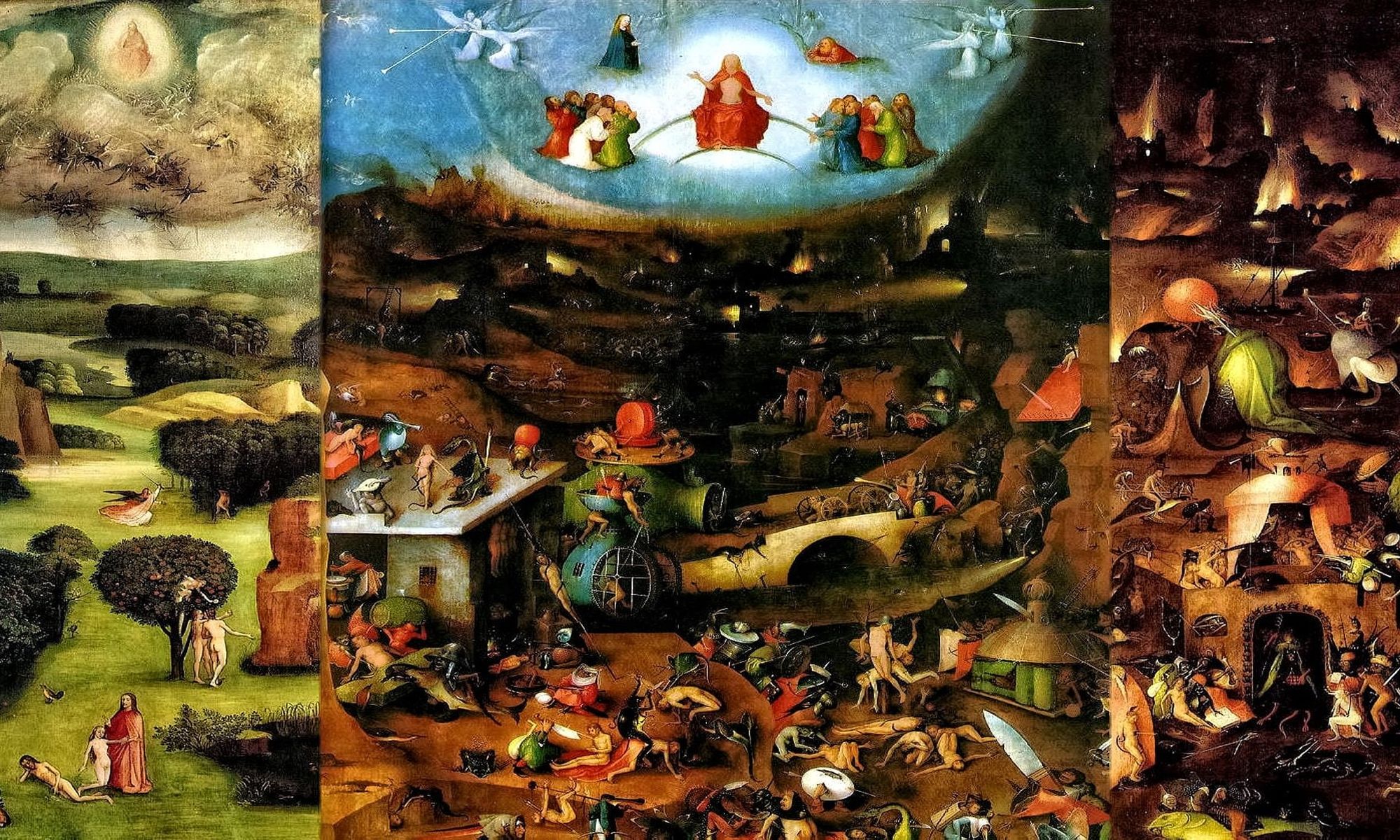The term General Resurrection refers to a belief in many religious traditions, particularly within Christianity, that all the dead will be resurrected at the end of time. This concept is often associated with the final judgment and the ultimate fate of humanity. Here’s an overview of the general resurrection concept:
1. Christianity
In Christian eschatology, the general resurrection is a key event. It is believed that at the end of the world, all the dead will be raised bodily and judged by God. This belief is based on various scriptural references and is a central tenet of many Christian creeds.
Key Points:
- Scriptural Basis: The general resurrection is mentioned in several books of the Bible, including the Old Testament (e.g., Daniel 12:2) and the New Testament (e.g., John 5:28-29, 1 Corinthians 15, and Revelation 20:12-13).
- Purpose: The resurrection serves to reunite the soul with a transformed, incorruptible body. It is followed by the final judgment, where individuals are judged according to their deeds and faith.
- Final Judgment: After the resurrection, the righteous are believed to be rewarded with eternal life in Heaven, while the wicked face eternal punishment or separation from God. There are variations in this belief across different Christian denominations.
2. Judaism
In Jewish eschatology, the belief in the resurrection of the dead is present, though interpretations and emphasis can vary.
Key Points:
- Scriptural References: The idea is found in the Hebrew Bible, notably in the Book of Daniel (12:2) and in later Jewish writings and rabbinic literature.
- Resurrection and the World to Come: The resurrection is associated with the Messianic era and the world to come (Olam Ha-Ba). It is seen as a time when the righteous will be rewarded.
3. Islam
In Islam, the resurrection of the dead (Al-Ba’ath) is a fundamental belief. It is associated with the Day of Judgment (Yawm al-Qiyamah), when all individuals will be resurrected and judged by Allah.
Key Points:
- Qur’anic Teachings: The Qur’an frequently mentions the resurrection and the Day of Judgment. Muslims believe that all people will be resurrected and held accountable for their deeds.
- Judgment: The righteous will be rewarded with Paradise (Jannah), while the wicked will face punishment in Hell (Jahannam).
4. Other Religious and Philosophical Traditions
While the concept of a general resurrection is most prominently associated with the Abrahamic religions (Judaism, Christianity, and Islam), other religious and philosophical systems may have analogous beliefs about life after death or a final judgment.
Variations:
- Zoroastrianism: This ancient religion also has a concept of resurrection and final judgment.
- Hinduism and Buddhism: These religions typically focus on reincarnation rather than resurrection, with the cycle of rebirths (samsara) continuing until one achieves liberation (moksha or nirvana).
Theological and Philosophical Considerations
The general resurrection raises various theological and philosophical questions, such as the nature of the resurrected body, the continuity of personal identity, and the criteria for judgment. Different religious traditions have developed various doctrines and interpretations to address these issues.
The belief in a general resurrection provides hope and a framework for understanding justice, morality, and the ultimate destiny of humanity in many religious worldviews.

